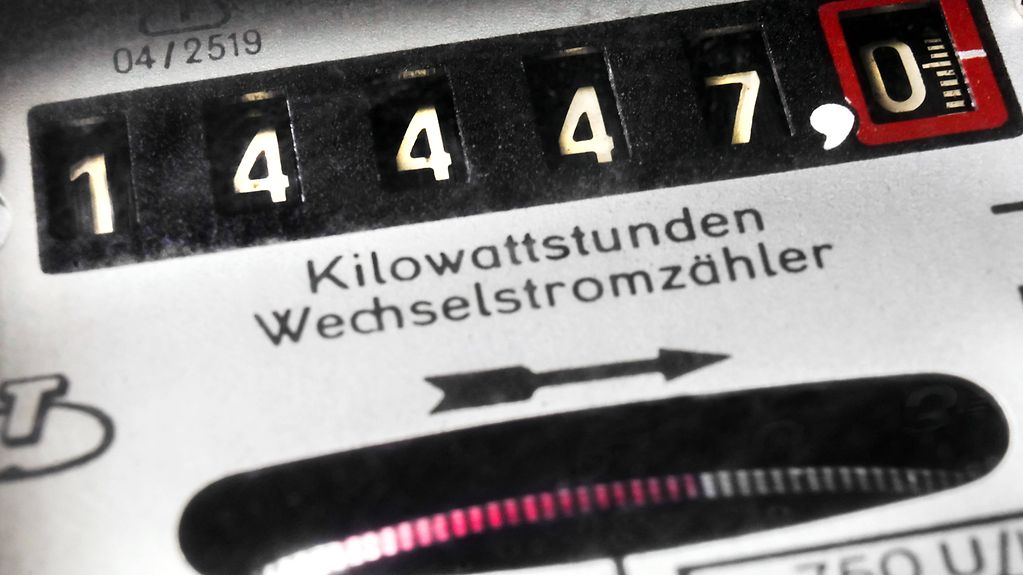Renewables levy abolished
Electricity consumers will no longer have to pay the EEG levy from as early as 1 July 2022. The Bundestag has now passed the law reducing the cost burden of the Renewable Energy Sources Act levy. Electricity suppliers are required to pass on this reduction in full to end consumers.
2 min reading time

With the abolition of the Renewable Energy Sources Act surcharge, electricity customers will enjoy considerable relief in terms of energy costs
Photo: imago images/Friedrich Stark
In order to provide rapid relief for electricity customers in view of the sharp rise in energy costs, the EEG levy will be abolished six months earlier than was originally planned in the coalition agreement.
For example, a family of four will pay some 300 euros less per year compared to 2021.
In order to ensure that the relief is implemented quickly on 1 July 2022, the Federal Government submitted the relevant draft law to the Bundestag at the beginning of March as a so-called draft wording. Today the Bundestag passed the “Act to reduce the cost burden of the EEG levy and to pass on this reduction to end consumers”. The approval of the Bundesrat is not required.
The EEG levy will then be permanently abolished from January 2023. The Federal Government approved the major amendment to the Renewable Energy Sources Act on 6 April in connection with the “Easter Package”. The abolition of the levy is part of the Federal Government’s relief packages.
Electricity suppliers are required to pass on the abolition of the EEG levy to customers
Under the law, the transmission system operators (TSOs) will reduce the EEG levy from 3.72 cents per kilowatt hour to zero ct/kWh as of 1 July 2022.
In order to ensure that the reduction in the levy results in tangible relief for end consumers in terms of electricity costs, the Act contains regulations ensuring that the reduction is passed on. Electricity suppliers are required to reduce prices accordingly under supply contracts as of 1 July 2022.
The EEG levy was introduced in 2000. Also known as the “green power surcharge”, it serves to subsidise the expansion of solar, wind, biomass and hydropower plants. The levy is included in end consumers’ electricity bills. Revenues from the EEG levy have so far gone into the so-called EEG account of the transmission system operators.
In future, the Federal Government will reimburse them for the loss of revenue from the special Energy and Climate Fund (EKF) and use this to subsidise renewable energies. The reduction of the Renewable Energy Sources Act levy to zero on 1 July 2022 will mean that a sum of approximately of 6.6 billion euros will come out of the EKF in future.
What are the components of the price of electricity?
In addition to the administrative costs incurred by the supply companies, the price of electricity chiefly derives from the cost of procuring and distributing electric power, fees for using the grids and state-imposed price components.
Apart from the EEG levy, the state-imposed components of the price of electricity include VAT, electricity tax and a concession fee. For detailed information on the breakdown of the price of electricity, see the website of the Federal Ministry for Economic Affairs. This website also provides additional questions and answers about energy prices.